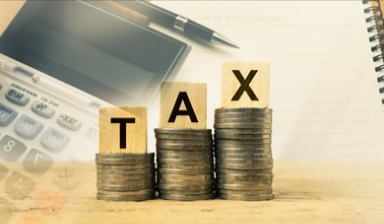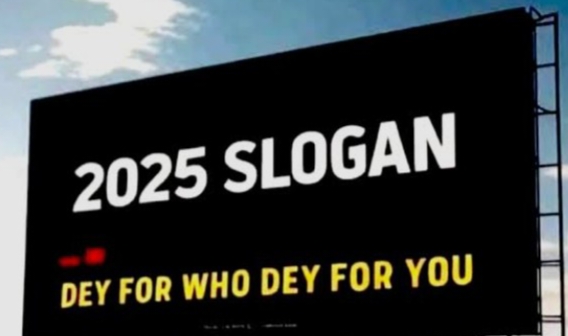By Akpoughul Grace Shimisuur
The introduction of the Electronic Money Transfer Levy Regulations in 2022 has significantly impacted the financial landscape, particularly for students and low-income earners. This levy, imposed on electronic money transfers, including mobile money transactions, bank transfers, and online payments, has sparked a heated debate about its effects on vulnerable populations.
The levy has increased the financial burden on students, who rely heavily on electronic money transfers for tuition, accommodation, and daily expenses. The added cost of the levy has made it challenging for students to afford their education, leading to increased anxiety about financial stability.
Mkeenem Amos, a final-year student at Benue State University Makurdi, shared his experience with the Electronic Money Transfer Levy. “Every time my parents send me money for school fees or rent, I now have to pay an extra fee,” he said. “It may seem small, but for us, every penny counts. It’s frustrating because we’re already struggling to make ends meet.”
Similarly, Tyoakaa Richard, a 300-level student at Benue State University’s Faculty of Law, expressed his frustration with the Electronic Money Transfer Levy. He explained that the 50 naira shortage caused by the levy prevented him from obtaining a commercial law book, which was essential for his academic pursuits.
In order to navigate this challenge, some students have resorted to informal money transfer methods, which may not be as secure, while others have turned to cash transactions, which can be less convenient and more dangerous.
The levy has also increased the financial burden on low-income earners, who often rely on electronic money transfers for remittances and daily transactions. It has created an additional burden, making it harder for families to support one another and perpetuating a cycle of poverty.
John Terkimbi, a factory worker and father of three, expressed his frustration; “I send money to my wife every week to help with groceries and school fees for the kids. Now, with this new levy, I have to send more just to cover the fees. It’s like a tax on our struggle.” he said.
Also speaking, Margaret Oche, a graduate of Forestry, Joseph Sawuean Tarka University, Makurdi (JOSTUM), lamented that, she accepted the POS attendance job to ease her financial challenges while awaiting NYSC. Initially her salary was 10,000 ,but now she receives only 9,950 naira due to electronic tax deductions which according to her is really frustrating.
Many low-income earners do not have access to traditional banking services, making them more reliant on electronic transfers and exacerbating the financial strain.
In balancing revenue generation and citizen welfare, the Electronic money transfer levy regulations have sparked a significant debate about the balance between government revenue generation and the welfare of its citizens. Policymakers must consider the broader implications of such regulations and work towards solutions that support, rather than hinder, the most vulnerable members of society.
The Electronic Money Transfer Levy has significant effects on students and low-income earners, perpetuating a cycle of poverty and increasing financial strain. It is crucial for policymakers to do a reassessment on the levy’s implications and develop solutions that cater to the needs of these vulnerable populations.







